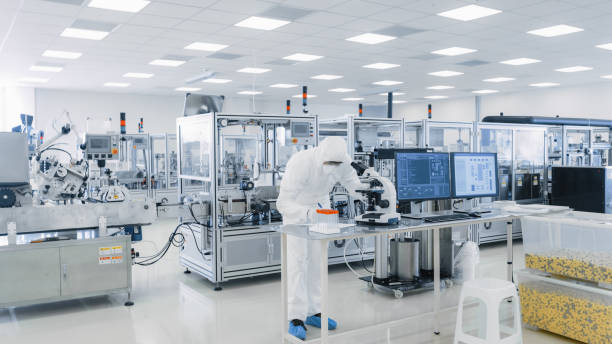The idea of creating humans through biomedical engineering may sound like science fiction, but advances in this field are pushing the boundaries of what’s possible. Biomedical engineering focuses on developing technologies to solve medical and biological challenges. This includes creating artificial organs and tissues through tissue engineering, potentially addressing organ shortages and improving healthcare.
However, creating a fully functioning human being remains a complex and ethically contentious issue. Current technologies can grow certain tissues and organoids in the lab, but recreating an entire human, with all its complexity, is far beyond our current capabilities. Additionally, the ethical implications of creating humans raise significant concerns about identity, rights, and the potential for misuse.
While biomedical engineering continues to make remarkable strides, the notion of creating humans remains a distant possibility. The focus for now remains on improving and saving lives through innovative medical solutions and therapies, rather than attempting to create entirely new human beings.

